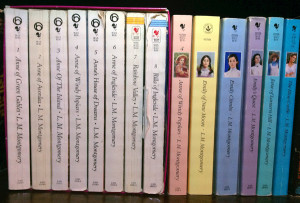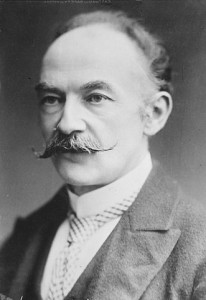The Lesser-Known Fifth Horseman
The Narrator says feminist like it’s a bad thing. Silly Narrator. As I said at the beginning, this comic series mainly serves as a light-hearted… Read More »The Lesser-Known Fifth Horseman
The Narrator says feminist like it’s a bad thing. Silly Narrator. As I said at the beginning, this comic series mainly serves as a light-hearted… Read More »The Lesser-Known Fifth Horseman
“Girls who love themselves don’t seek validation from everyone around them.” I’ve pondered this statement long before I ever wrote it into this little strip.… Read More »The Girl with Low Self-Esteem, Part 2
I’ve had more than a usual amount of reading time lately (*coughprocrastinationcoughcough*), which has reminded me of why I previously took a time-out from reading.… Read More »Got Low Self-Esteem? Meet One Girl Who’s Had It.
It’s a big, complicated word, “linguistics,” stuffed with technical concepts and broad theories. If writing is your craft, though, this particular study could well be… Read More »7 Things Every Writer Should Know about Linguistics
(Did it work? Do I have your attention?)
Beowulf is one of those works of literature that, quite honestly, never interested me. Some beefy warrior kills a monster, and then he kills another one, and there’s a dragon in there somewhere, and at the end (spoiler alert!), he dies. I maintained a scornful disinterest for this epic over the course of a decade, until my conversion in my mid-twenties. Here’s how it went down.
“Melancholy men, they say, are the most incisive humorists; by the same token, writers of fantasy must be, within their own frame of work, hardheaded realists. What appears gossamer is, underneath, solid as prestressed concrete. What seems so free in fantasy is often inventiveness of detail rather than complicated substructure. Elaboration — not improvisation.” ~Lloyd Alexander, “The Flat-Heeled Muse”

When it comes to fantasy, everyone has a starter series, right? That first set of books that gives you a glimpse of worlds beyond, that whets your appetite and cultivates your imagination: the starter series sets the bar for every series that follows. Is it better? Is it worse? Does it have similar themes? Similar characters? Similar plots? Similar settings? Does it evoke that same sense of wonder, or a greater sense of wonder, or does it leave the acrid taste of disappointment in your mouth?

Cynicism taints almost every facet of my life. This may seem like an odd confession to make at the start of a literary influences post—especially one that focuses on the eternally optimistic works of L.M. Montgomery—but I feel like it has to be said. I acquired my cynicism by degrees from a pretty young age. By the sixth grade, I was a smart-mouthed, sarcastic, socially isolated 11-year-old. My only reliable friends were books (and with little wonder, given my temperament).
That was the year I met Anne of Green Gables.

Heaven forbid that any of Thomas Hardy’s characters should ever get a paper cut; they’d probably saw off the injured limb in response.
I feel kind of odd listing him as one of my literary influences. He’s more my template of “what not to do,” which is terrible, because he’s generally considered to be a good writer, and many of his works are counted among the classics. I’ll set the stage for my dislike, shall I?
Linguistics: a term that makes many a writer cringe. While the study of this discipline might seem daunting, it can be a boon to the… Read More »Linguistics for Writers: An Introduction
So this might seem like a pretty harsh blanket statement, but honestly, there is no real need in the English language for this word. We already have “use,” which is shorter and expresses the same concept.
Read More »Words to Live By